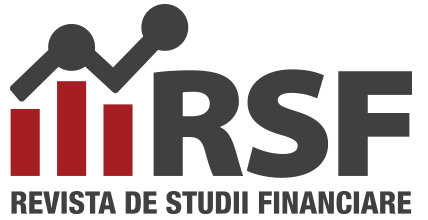Author: Ciprian Nicolae
Vol. 4 • No. 6 • May 2019
Abstract
The evaluation of projects with non-reimbursable financing is an essential process for the efficiency of funds' use, regardless of the donor. Moreover, in the context of European Union funds management and the multitude of development needs to be covered, Romania needed to establish the most efficient evaluation systems and criteria, the application of which leads to the selection of projects with better economic and social impact.
This article outlines the results of a research approach that compared, from the perspective of the degree of subjectivity and their relevance to the selection of projects, the assessment criteria set by the managing authorities for several relevant programs funded from Structural Funds 2007-2013 and 2014-2020.
The research results allow answers to be defined to an important question for authorities and institutions that manage grants in Romania: Is there a link between how to approach the project evaluation process and the manifestation of risks specific to the evaluation process? Also, the results of the research allow a more detailed analysis of how an unitary risk management methodology for all non-reimbursable grants managed in Romania could be applied to the risks specific for the project evaluation process.
Keywords: risk, risk management, grants, projects, project evaluation
JEL classification: G32, H83
